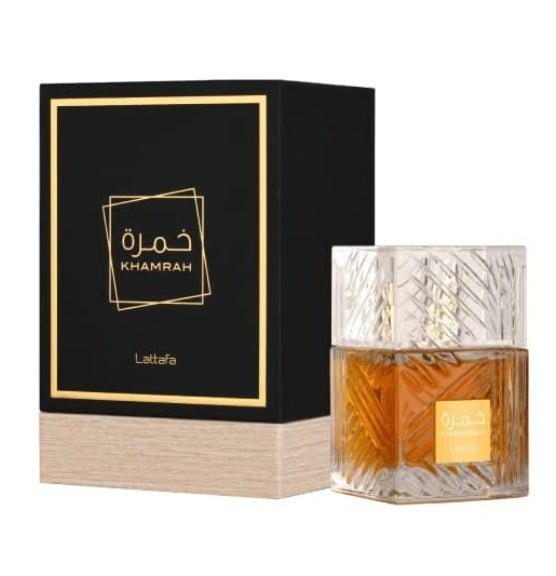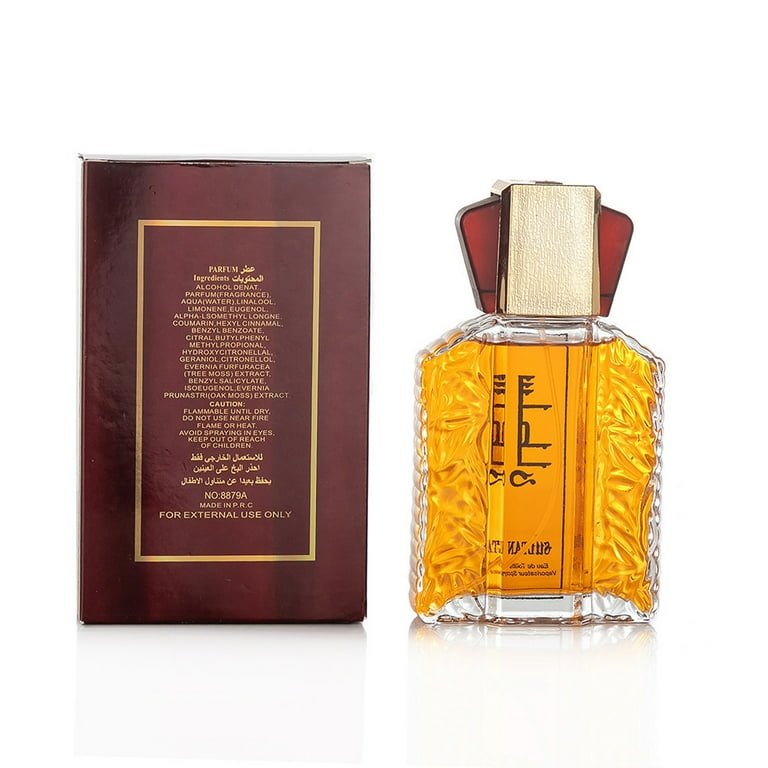Dubai Perfumes: Where Tradition Satisfies Modern Deluxe
Dubai Perfumes: Where Tradition Satisfies Modern Deluxe
Blog Article
Experience the Rich, Exotic Fragrances of Dubai Perfumes
The fragrances of Dubai represent a distinct confluence of tradition and modernity, where the prominent essence of oud acts as a foundation for a varied array of fragrances. Each artisanal production not only astounds the senses yet additionally tells an abundant cultural heritage, attracting from classic strategies and native ingredients. As we check out the intricacies of these aromas, one must take into consideration how they embody the identification of an area soaked in background and practice. What exists below the surface of these lavish blends?
The Essence of Oud
Oud, frequently referred to as "fluid gold," is an aromatic resin stemmed from the heartwood of the Aquilaria tree, which is native to Southeast Asia and the Middle East. This elegant material kinds when the tree goes through a fungal infection, prompting it to create a dark, fragrant material as a defense reaction. The resulting oud is highly valued for its rich, intricate fragrance profile that can vary from wonderful and woody to smoky and balsamic, making it a foundation of Center Eastern perfumery.
Oud has a long-standing cultural significance, typically made use of in traditional ceremonies and as a sign of luxury and class. Its allure is not just as a result of its one-of-a-kind fragrance however additionally its rarity; top notch oud can regulate impressive prices in the global market. The removal process is labor-intensive, with sustainability concerns occurring from overharvesting of Aquilaria trees.
In modern perfumery, oud has transcended its conventional boundaries, motivating a brand-new wave of fragrances that include its distinct notes. Therefore, it has come to be an important component for both particular niche and mainstream perfume homes, mesmerizing a diverse target market worldwide.
Standard Attars Discussed
Fragrances crafted in the Center East typically encompass a rich tradition that extends past modern-day synthetic scents. These focused scent oils are obtained from botanical sources, such as natural herbs, blossoms, and spices, typically via methods like vapor distillation or enfleurage.
Attars are typically alcohol-free, making them suitable for different cultural techniques and choices. They are known for their durability and richness, commonly lasting for hours or also days after application (Dubai Perfumes). Typical ingredients consist of sandalwood, rose, jasmine, and amber, each adding unique notes that balance perfectly in each mix

Artisanal Craftsmanship in Perfumery
The art of crafting perfumes is a careful process that requires not just creative thinking yet also a deep understanding of scent structure. In Dubai, this artisanal workmanship attracts on centuries of practice, where experienced perfumers, called "mukhalliq," mix their proficiency with an innate feeling of fragrance. Each fragrance is an unique production, reflecting the craftsmen's vision and the area's rich cultural heritage.
Artisans begin their job by choosing top quality raw products, commonly sourced locally and globally. The cautious choice process ensures that each component adds to the scent's complexity and depth. Methods gave with generations, such as maceration and purification, are utilized to draw out the significance of these materials, allowing the perfumer to capture their true personality.
In addition, the blending process is an art in itself. It includes not read here only the precise combination of notes yet additionally the capacity to stabilize nuances and strengths, creating an unified scent account - Dubai Perfumes. The end product is a testament to the artisan's ability and commitment, leading to perfumes that are not simply products but expressive experiences that inform a story of their beginning and workmanship
Unique Components of Dubai Fragrances
Crafted with a remarkable mix of artistry and custom, Dubai fragrances are distinguished by their one-of-a-kind active ingredients, most of which are deeply rooted in the region's background and culture. Central to these aromas is oud, a resinous wood from the Aquilaria tree, renowned for its abundant, intricate aroma. Thought about a deluxe, oud is commonly blended with various other elements to develop deepness and refinement.
One more staple is brownish-yellow, valued for its cozy, wonderful notes that stimulate a sense of convenience. It's often integrated with flavors like saffron and cardamom, including an unique flair that reflects the lively markets of Dubai. Floral notes, such as rose and jasmine, likewise play a significant role, instilling the fragrances with a fresh, fragile significance that balances the heavier base notes.
Additionally, natural oils obtained from natural herbs and fruits, such as bergamot and basil, contribute to the total profile, enhancing the scents with bright and stimulating undertones. These ingredients, picked for their high quality and cultural value, make certain that Dubai scents are not simply scents however stand for an abundant tapestry of custom and sensory experience.

Social Value of Dubai Perfumes
Personifying an abundant cultural heritage, Dubai fragrances offer not just as individual accessories however likewise as signs of identity and tradition. In a published here region where aroma plays a pivotal duty in life and social communications, these scents show the values and customizeds of Emirati society. Traditionally, the art of perfumery has been a revered craft, passed down through generations, and deeply intertwined with the region's background.
Perfumes hold considerable importance during special occasions such as weddings, religious celebrations, and social celebrations. The act of gifting fragrances is a common technique, showing respect and love amongst family and buddies. The distinctive fragrances frequently stimulate memories of heritage, linking individuals to their origins and common origins.
Furthermore, Dubai's perfumes are emblematic of the blend in between old practices and modernity. As the city becomes a global hub for commerce and tourist, the scent industry has advanced, mixing standard active ingredients with modern techniques. Hence, Dubai perfumes not only stand for the essence of the region's social identity yet also envelop its vibrant spirit, making them a source of pride for citizens and an interest for site visitors.
Conclusion
Finally, Dubai fragrances encapsulate a rich tapestry of social heritage and artisanal craftsmanship. The harmonious mix of oud, floral, and spicy notes produces a distinctive olfactory experience that goes beyond plain best site fragrance, representing identification and tradition. Each fragrance acts as a story, reflecting the region's history and worths. The traditional attars and distinct components add to the attraction of these fragrances, solidifying their relevance in both international and local contexts.
The perfumes of Dubai stand for a distinct convergence of custom and modernity, where the prominent significance of oud offers as a structure for a varied variety of scents.Fragrances crafted in the Middle East usually incorporate an abundant practice that expands past modern-day artificial scents. These scents are commonly saved in luxuriant containers, mirroring the cultural relevance and aesthetic value of the perfume itself.The art of crafting fragrances is a thorough procedure that needs not just imagination however likewise a deep understanding of scent make-up.Symbolizing a rich cultural heritage, Dubai fragrances serve not just as individual adornments but also as icons of identity and custom.
Report this page